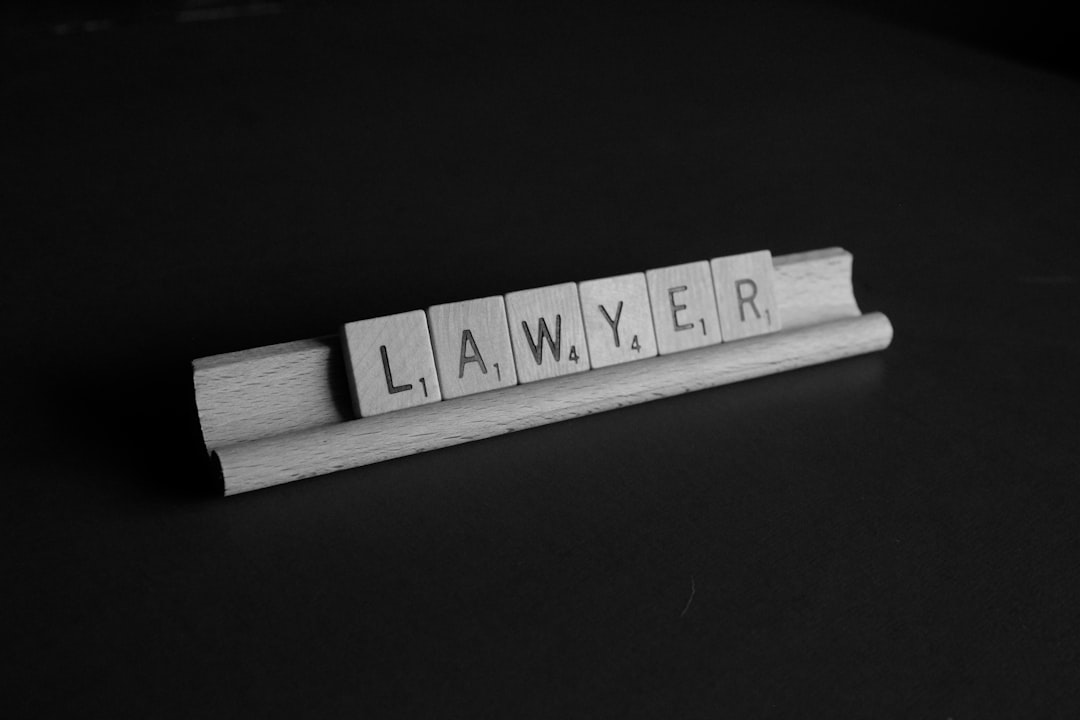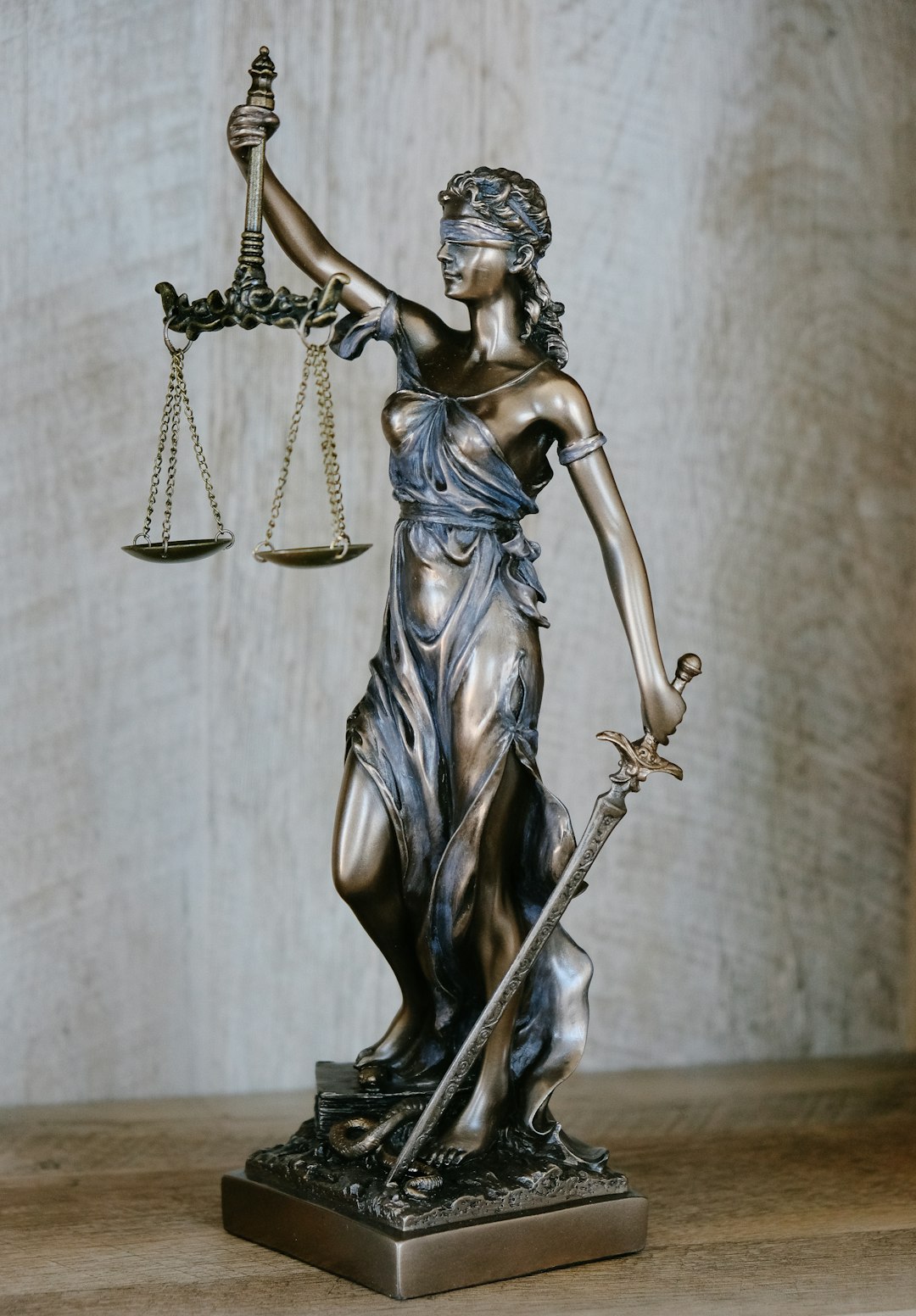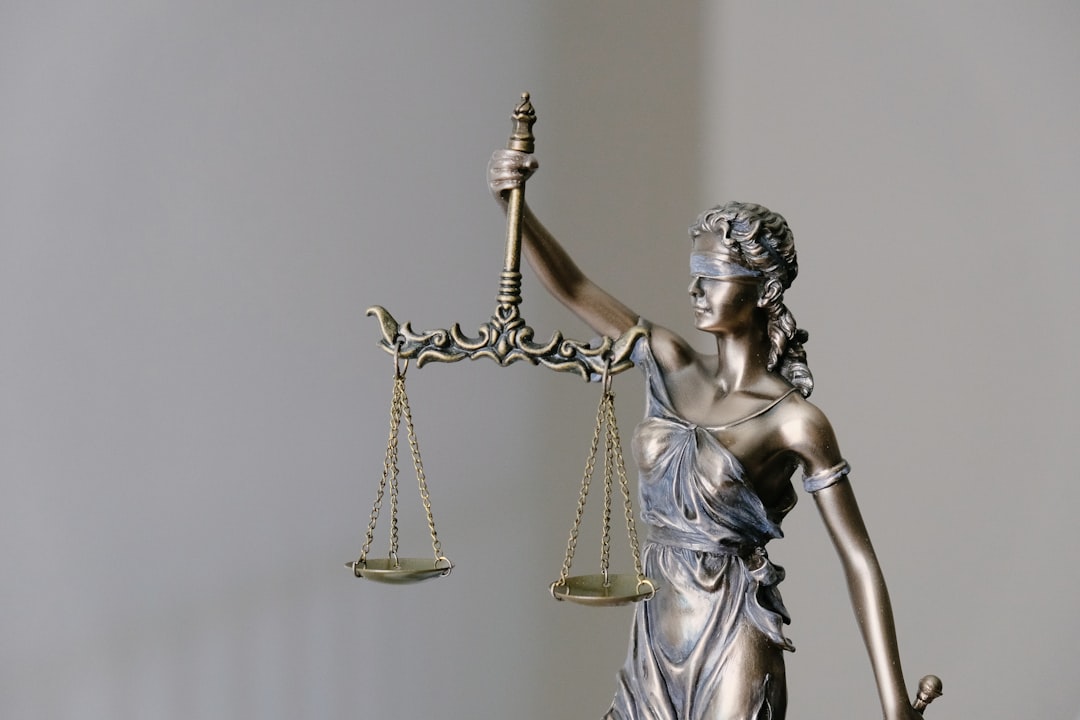In California, where education is a cornerstone of society, it’s crucial to understand and address the serious issue of school sexual abuse. This comprehensive guide delves into the complex landscape of recognizing red flags, navigating legal protections, and the vital role a specialized school sexual abuse lawyer plays in safeguarding students. From understanding your rights to supporting survivors, we explore legal strategies for justice and healing after abuse. For Californians seeking redress, this is an essential resource.
Understanding School Sexual Abuse: Recognizing Red Flags and Legal Rights
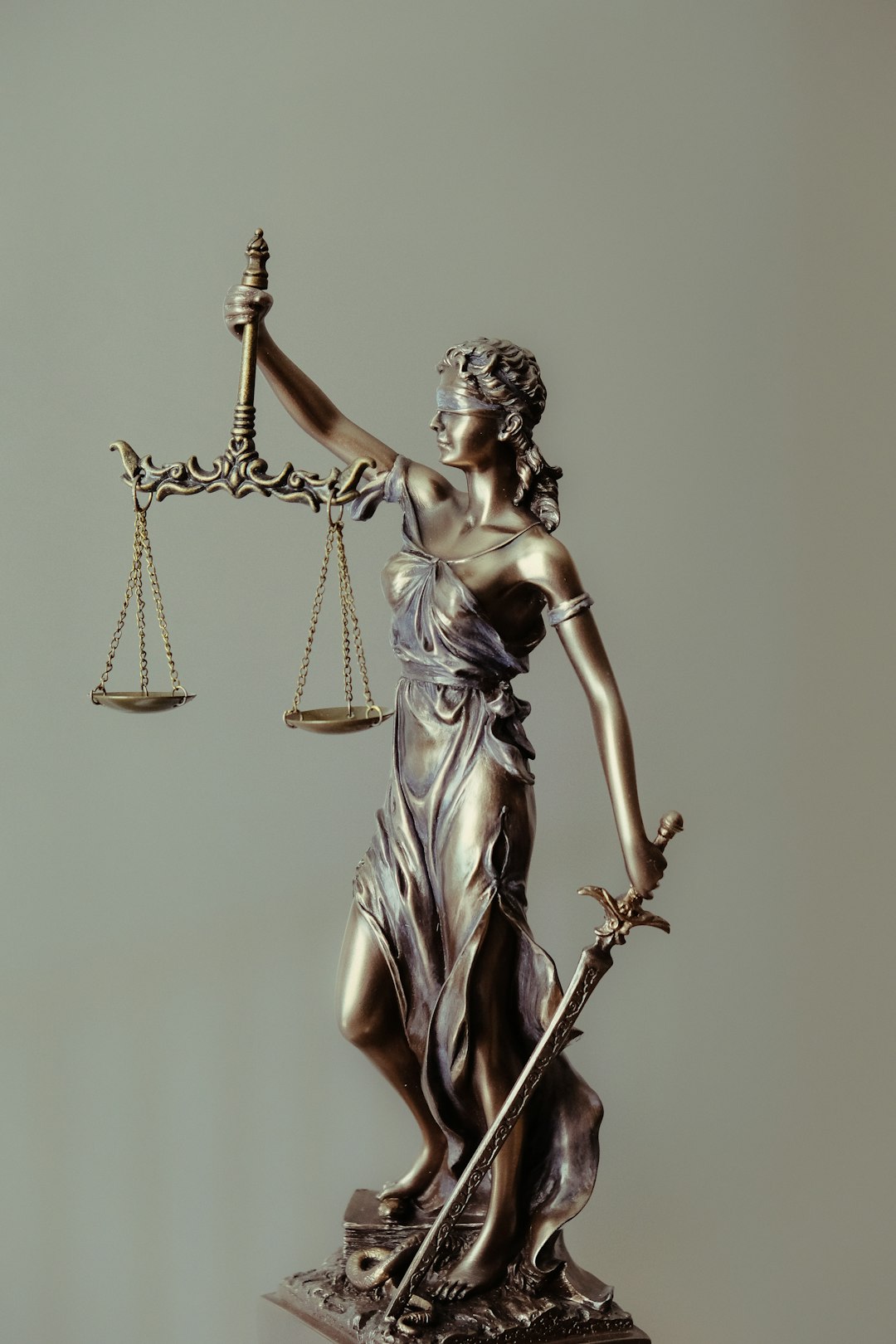
School sexual abuse is a grave issue that requires immediate attention and specialized legal representation. As a concerned parent, guardian, or individual, it’s crucial to understand the signs and have awareness of your rights. Red flags can include unusual behavior changes in students, such as withdrawal from social activities, sudden drops in academic performance, or persistent anxiety. Additionally, direct evidence like inappropriate touching, sexual harassment, or explicit conversations should never be ignored.
California has strict laws protecting minors and victims of sexual abuse within educational institutions. If you suspect or have experienced school sexual abuse, reaching out to a dedicated California school sexual abuse lawyer is essential. They can guide you through the legal process, ensure your rights are protected, and help secure justice for the victim(s).
Navigating California Laws: Protections and Responsibilities for Educational Institutions

In California, the legal landscape surrounding school sexual abuse is intricate and complex. Educational institutions have specific responsibilities and protections under state law when it comes to addressing instances of sexual misconduct. Schools are required to have policies in place for preventing, reporting, and responding to such incidents, with a particular focus on protecting minors. A school sexual abuse lawyer in California can help interpret these laws and ensure that educational facilities uphold their obligations.
Institutions must promptly report suspected or known child abuse or neglect to the appropriate authorities, typically the California Child Protective Services. They are also mandated to conduct thorough investigations into allegations of sexual abuse within their premises, involving student records, staff interviews, and potential disciplinary actions. These legal requirements aim to create a safe environment for students and hold accountable those responsible for any form of sexual misconduct.
The Role of a Specialized Lawyer: Expertise in Handling Sensitive Cases
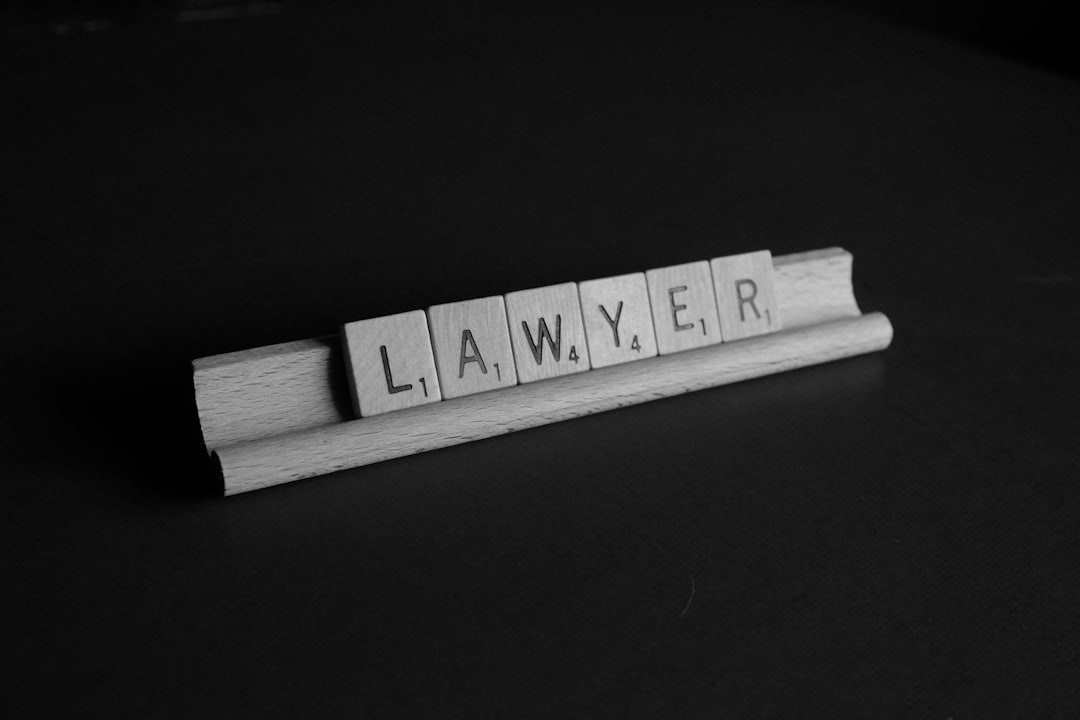
When dealing with complex and sensitive matters like school sexual abuse cases, having a specialized lawyer in California is invaluable. These attorneys have an in-depth understanding of the unique challenges and legal nuances associated with such cases. They are equipped to navigate the intricate web of state laws, policies, and educational institutions’ procedures.
A school sexual abuse lawyer in California possesses expertise in handling allegations involving minors, which often requires a delicate approach. Their training allows them to provide strategic guidance, ensuring that victims’ rights are protected while adhering to legal protocols. This specialization enables lawyers to effectively communicate with both clients and authorities, fostering a supportive environment for those who have suffered such traumatic experiences.
Supporting Survivors: Legal Strategies for Justice and Healing After Abuse
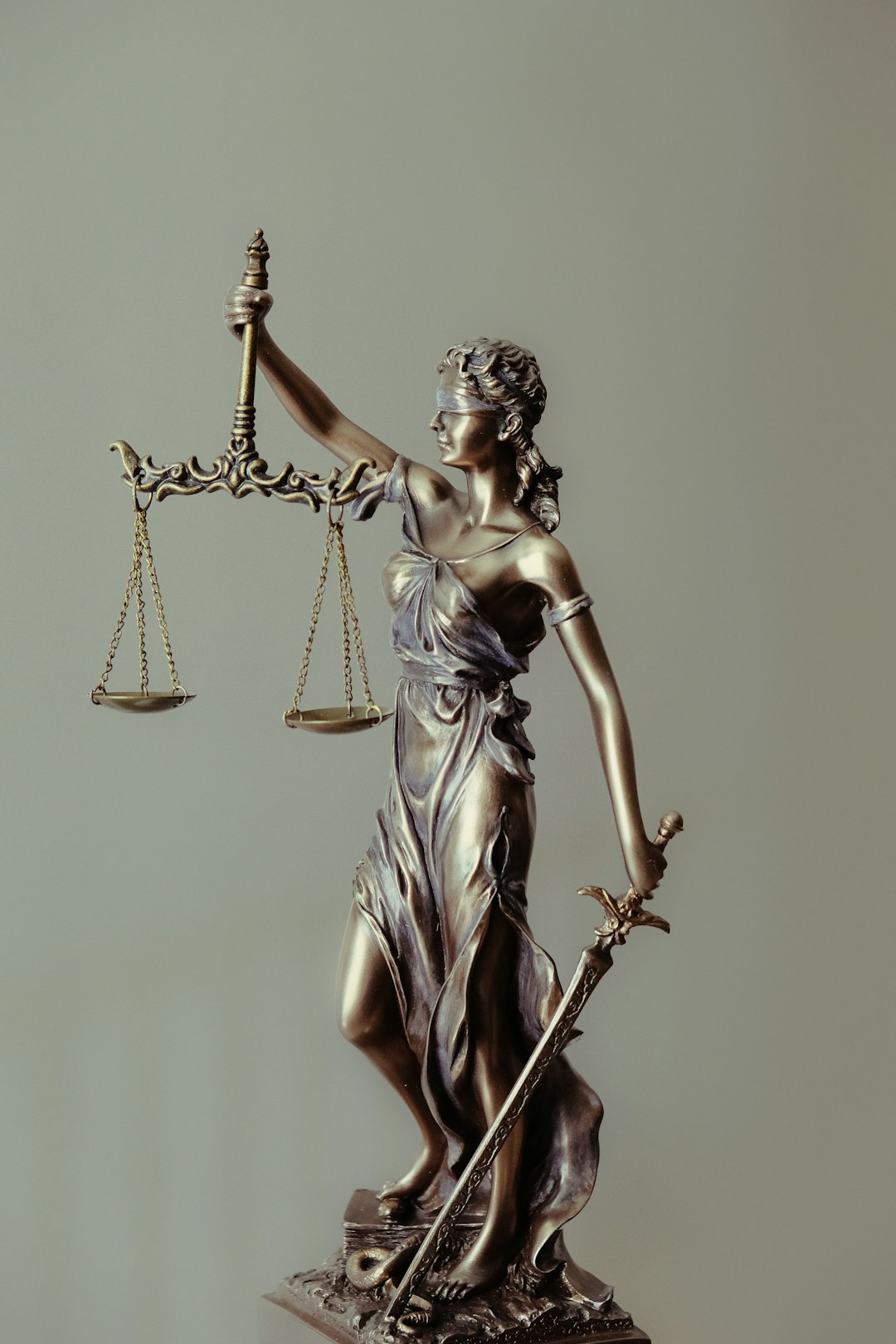
When a person becomes a survivor of sexual abuse within a school setting, it’s crucial to have strong legal support from a California school sexual abuse lawyer. These professionals are equipped with the knowledge and strategies necessary to navigate complex legal systems and help survivors seek justice. They understand that each case is unique, requiring tailored approaches to address the specific trauma experienced by the victim.
A skilled school sexual abuse lawyer in California will employ various legal strategies to support survivors. This may include pursuing civil lawsuits against responsible parties, such as schools or individuals who contributed to the abuse, to hold them accountable and secure compensation for the survivor’s healing process. They will also advocate for policies and protocols that enhance school safety, ensuring other students are protected from similar incidents. These strategies aim not only to deliver justice but also to empower survivors, providing them with a sense of control and an opportunity to share their stories while fostering an environment where such abuse is not tolerated.
